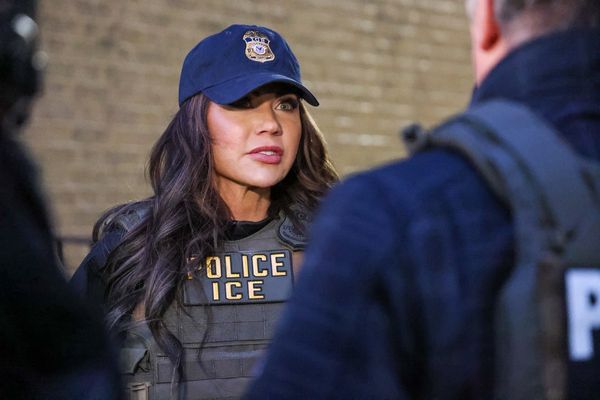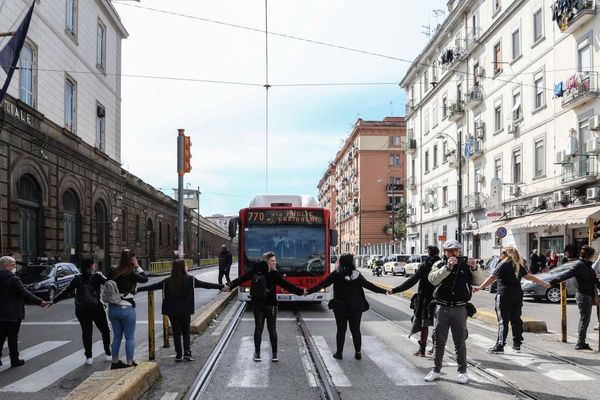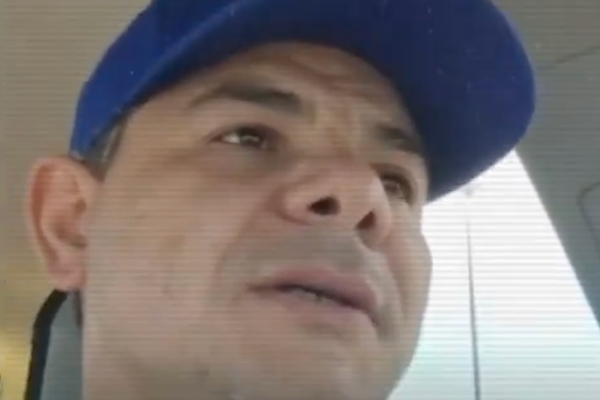
Many composers have tried to make an opera out of Hamlet, but none has been able to make one stick. Until now? Perhaps. Brett Dean’s Hamlet – his second opera, and Glyndebourne’s first new commission in nearly a decade – feels like it has a better shot at longevity than most. The success of Neil Armfield’s production is partly down to it getting the full Glyndebourne treatment: weeks of rehearsal, a stellar cast, most of whom have worked closely with Dean before, the excellent chorus, the London Philharmonic in the pit and the leadership of Vladimir Jurowski, returning as conductor for the first time since handing over Glyndebourne’s music directorship four years ago. Jurowski secures a performance of this unfamiliar, complex score that makes it sound bedded in already, and draws out some fantastic vocal performances too; new opera doesn’t often get to sound this good. Nor does it often get to end with a swordfight as gripping as this one, or have an aftermath as moving; the first half of the opera is too long, but the final scene is worth the wait.
There’s also the long-term commitment that comes from knowing this is on Glyndebourne’s touring programme for autumn, when the tall, stately panelled walls of Elsinore, designed by Ralph Myers, will be squeezed on to smaller stages, and managements will be scratching their heads working out quite where to put everybody. Dean has a full orchestra plus a semi-chorus in the pit, and extra percussion in high boxes either side of the stage. The percussion effects are hit and miss: some add a creepy, disembodied new layer to the sounds coming from elsewhere; others, heard from the stalls, just sound as if somebody in the gods has kicked over a wine glass. Then there are the electronics, which project from all around the auditorium and are properly impactful, whether it’s the low disturbance in the air whenever the ghost walks – not an original idea, this, but it ain’t broke – or the circular wall of choral sound pressing in on the audience as the madness presses at Hamlet’s brain.
Dean’s music is many-layered, full of long, clear vocal lines propelled by repeated rhythmic figures in the orchestra, and has moments of delicate beauty – string harmonics tiptoe around Barbara Hannigan’s Ophelia as we first see her mad – and the chorus whispers almost as much as it sings.

The words are all Shakespeare’s own, just in a different order. Matthew Jocelyn has created the libretto by filleting out four-fifths of the play, and sometimes reassigning what’s left – it’s reverent but mischievous, and only occasionally frustrating. When the travelling players arrive there is a particularly knowing passage in which they wheel through some choice quotes, as if to get them out there. This is why it’s not the tenor Allan Clayton, playing Hamlet, but John Tomlinson, as the First Player, who finally gets to say “To be or not to be”; poor, confused Hamlet himself has been able to frame only the not-being side of the question, in the very first scene.
Tomlinson leads a superb supporting cast, singing also the Ghost of Old Hamlet, a Minotauresque booming bass role that could not have been written for anyone else, and the whistling Gravedigger, who gets the best entrance. Sarah Connolly is on excellent form, all tiaras and condescension and cracking veneer as Gertrude, and Hannigan’s spectacular high-soprano unhinging is the more shocking following her poise and inwardness as Ophelia earlier on. Rod Gilfry is the smooth but guilty Claudius, Kim Begley the know-all Polonius, Jacques Imbrailo a likable Horatio. All are pale-faced, their health leached away by Jon Clark’s lighting. What light relief there is comes mostly in the form of Rosencrantz and Guildenstern, played by Rupert Enticknap and Christopher Lowrey as foppish twin countertenors with fixed smiles who channel Tweedledum and Tweedledee. David Butt Philip’s noble Laertes sounds like a hero in waiting, as in a way he is; he will take over as Hamlet when the production tours.

At the centre of it all is Clayton’s Hamlet. There is nothing of the crown prince about him; unkempt and childish, he is an outsider from the start, slouching round with knees and elbows in constant, nervous motion. The loss of the big soliloquy, and of so much else besides, does leave a gap: cutting down Hamlet’s text leaves him so often speaking in either mockery or madness that we lose something of the humanity within, something that Dean’s music doesn’t quite put back until the very close. Yet Clayton takes his tenor to its limits in expressing his desperation, and his slow-burning intensity carries the tragedy to the bitter, grisly end. Shakespeare offers a gauntlet to composers that shouldn’t always be picked up, but Dean’s Hamlet rises to the challenge.
• At Glyndebourne, Lewes, in rep until 6 July. Box office: 01273 815000. Then touring from 21 October to 1 December.







